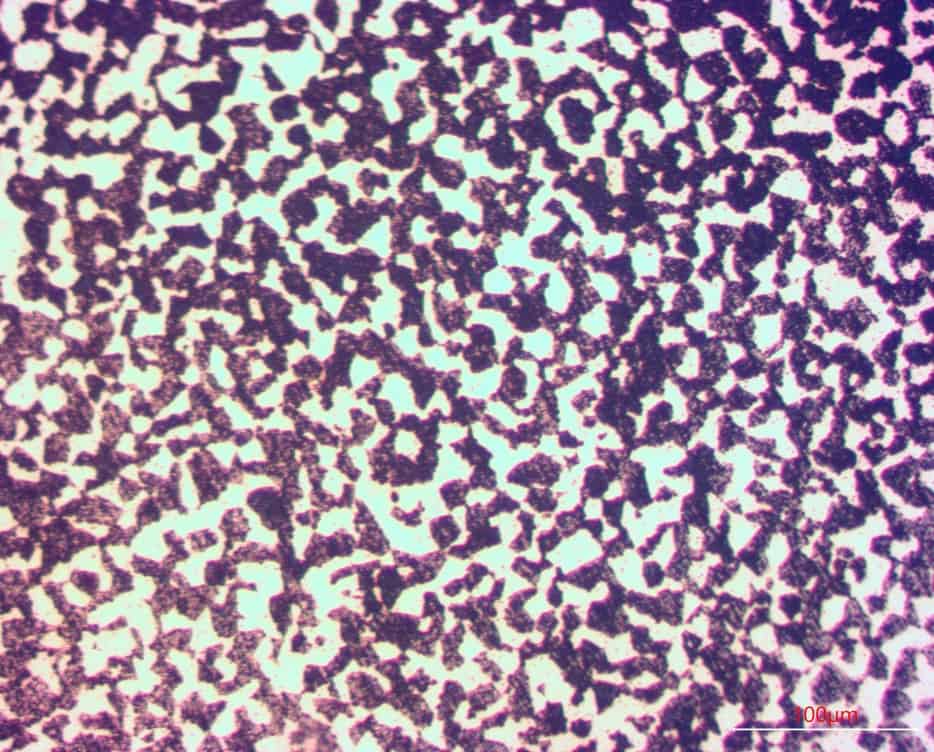Consulting for Additive Manufacturing
In the energy field, time is money. Additive manufacturing offers the option of on-the-fly production of critical parts so that you can get up and running again faster! Our experts can help you design, optimize, and certify your AM designs to ensure they are reproducibly great!

How Can I Ensure Quality of Additive Manufactured Parts?
One of the greatest challenges of AM parts is proving the quality; but on the other hand, cast or forged parts also have wide ranges in quality. The key is to proving out each new batch. US Corrosion is a leader in additive manufacturing inspection and quality assurance.
What Corrosion Testing Do Additive Materials Need?
The corrosion testing needed for additive materials depends on the expected use and potential damage mechanisms. For instance, salt fog corrosion tests are often used for materials to ensure long-term corrosion resistance in everyday applications. Fatigue tests are common for rotating or vibrating applications, while hydrogen embrittlement testing is critical for bolts and other high-strength parts.
What Metallurgical Testing Does Additive Materials Need?
The metallurgical testing required depends heavily on the application and requirements. In some cases, wear and abrasion are key. In other cases, corrosion may be the most important. Often a combination of tests, such as chemistry, microstructure, and mechanical testing are sufficient to confirm the quality of your additive parts. Our experts will work with you to determine the right scope for your analysis!
Do you want to evaluate the microstructure or focus on the mechanical parts in a specific area? Or perhaps we need to evaluate surface asperities, aspect ratio, and other parameters affect the size of the coupon, finish condition, test method, and more. We know the answers and can help you understand and deal with codes such as:
- ASTM F42
- ISO TC621
- AWS D20
- SAE AMS 7000, 7001, 7002, 7003
- ASME Y14 and B46
- Metal Power Industry Federation